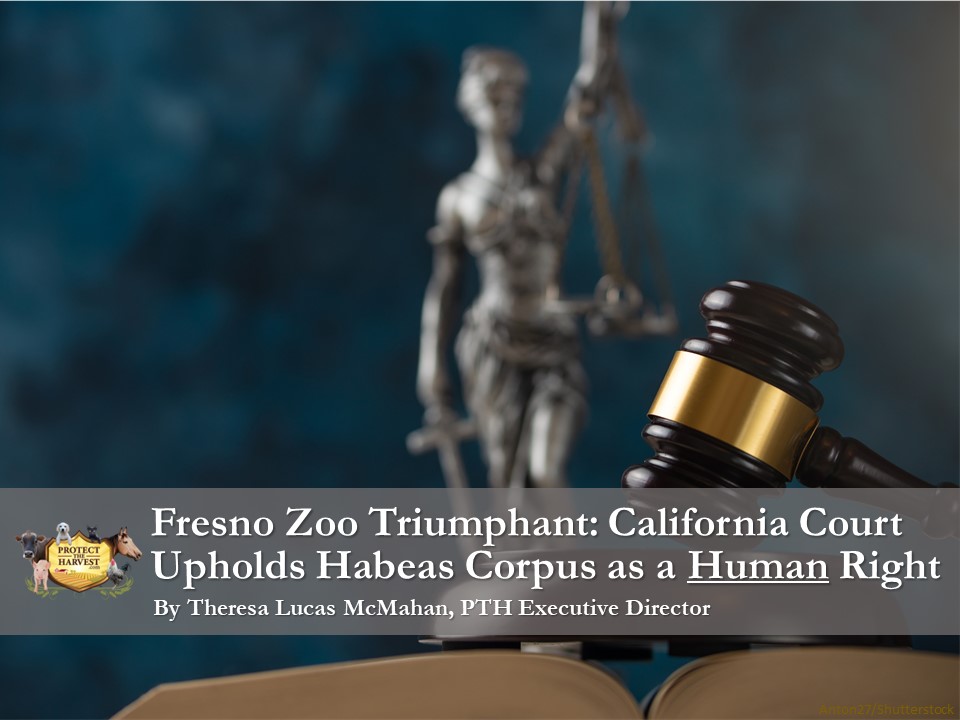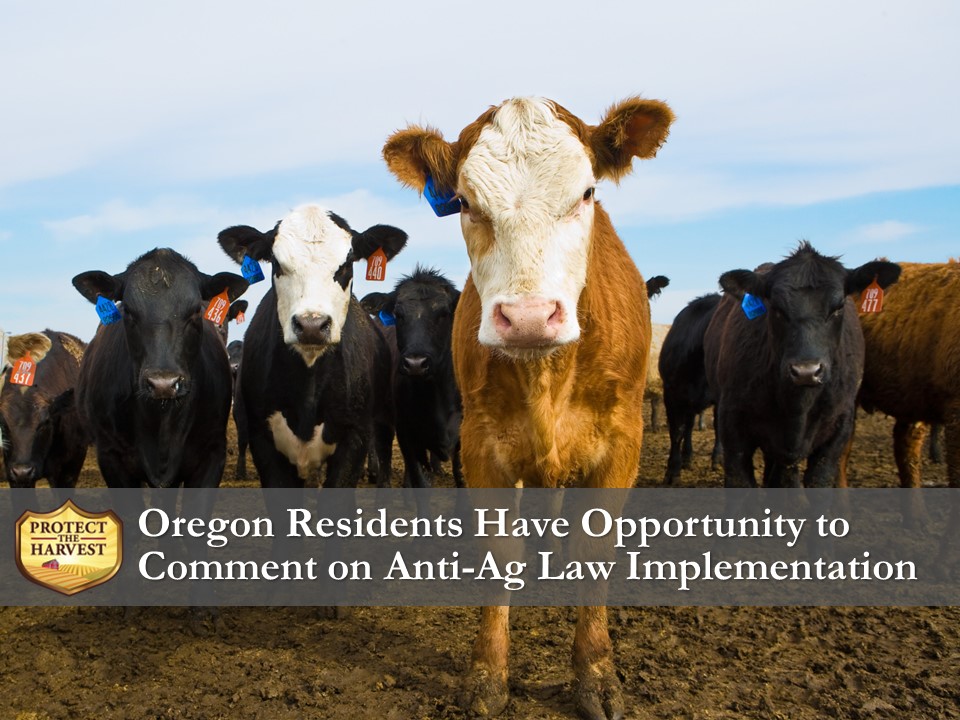By Theresa Lucas McMahan, PTH Executive Director
The May 18th, 2023, ruling from California’s 5th District Appellate Court was a momentous victory for the Fresno Zoo, affirming its commitment to animal welfare and debunking misconceptions surrounding the application of Habeas Corpus to non-human entities. This decision affirms prior court decisions on why Habeas Corpus is justly and correctly considered a human right, and why that right does not belong to animals.
Habeas Corpus and Human Rights
Habeas Corpus is a fundamental principle rooted in the protection of human liberty. Its purpose is to safeguard individuals from unlawful detention, ensuring the right to challenge the legality of their confinement before a court of law. This essential human right acknowledges our shared capacity for self-awareness, rationality, and autonomy, which are unique to the human experience.
Differentiating Animals from Humans
While we should strive to protect the welfare of animals, it is crucial to recognize that the legal concept of Habeas Corpus is based on the recognition of human rights. The distinction between humans and animals lies in our ability to possess self-consciousness, exercise moral agency – making choices based upon right and wrong – and participate in social, cultural, and political spheres. These distinguishing human attributes underpin the recognition of Habeas Corpus as a human right rather than an entitlement extended to animals.
The Bronx Zoo Case and the Nonhuman Rights Project
To further underscore the differentiation between humans and animals in relation to Habeas Corpus, we can examine the New York Court of Appeals case involving the Bronx Zoo and the Nonhuman Rights Project. The Bronx Zoo’s June 2022 victory in this case reinforced that Habeas Corpus is applicable only to humans.
The court’s decision recognized that although animals such as Happy the Elephant may exhibit a level of intelligence, emotion, and socialization, they do not possess the same legal rights as humans. It is crucial to consider the complexities of animal cognition, societal dynamics, and the practical limitations of granting Habeas Corpus to non-human entities.
Habeas Corpus Affects Food Security
We have spoken numerous times regarding Happy the Elephant and the issue of Habeas Corpus because it affects America’s food security. As soon as one animal is given the human right of Habeas Corpus, it opens the door to other animals being given that right, including livestock, which we raise as an animal protein food source.
A Win for Animals and Humans
The recent court decision from the 5th Appellate District Court of California represents a significant victory for the Fresno Zoo and confirms the understanding of Habeas Corpus as a human right. By distinguishing between humans and animals, we uphold the recognition of individual autonomy and rationality, as well as the right to private property, which includes animals.
As we strive to protect animal welfare, it is crucial to prioritize specialized care, conservation efforts, and ensure legal mechanisms align with the unique characteristics of human rights. The complexities of providing adequate care and housing, while meeting the diverse needs of animals in captivity require the expertise of zoological professionals, not animal extremists.
Keeping human rights in the hands of humans keeps America free and fed.




